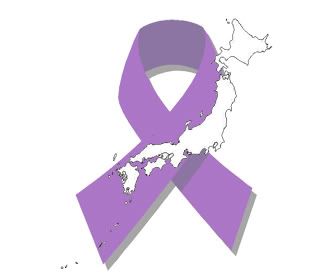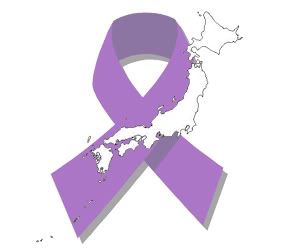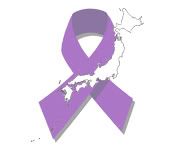(CNN) — Two people in Japan have been killed amid heavy rain from a powerful typhoon that is expected to make landfall Wednesday afternoon, authorities there said.
The center of Typhoon Roke, which had sustained winds of up to 167 kph (103 mph) Wednesday morning, could hit Japan’s Tokai region, which includes Nagoya city — or the Kanto region, which includes Tokyo — in the afternoon, Japan Meteorological Agency chief forecaster Yutaka Kanda said at a news conference.
At of 8:45 a.m. Wednesday, Roke’s center was 280 kilometers southwest of Nagoya, where about 1 million people had been urged to evacuate.
An evacuation order for about 80,000 residents of Nagoya was lifted, according to local media reports.
Heavy rain fell in central and western Japan from the typhoon’s outer bands on Tuesday and Wednesday. Some downpours came at up to 50 millimeters (2 inches) an hour, and some parts received more than 450 millimeters (17 inches) over a day, according to Japanese public broadcaster NHK.
Two people have died in Nagoya, including a 66-year-old man who fell from a roof Tuesday while trying to fix a stuck duct, city authorities said. Two other people — a fourth-grade boy and an 84-year-old man — were missing in Gifu prefecture, authorities said.
People in the Tokai and Kanto regions should be prepared for heavy rain Wednesday, Kanda said, adding that the Kanto region may be most affected Wednesday evening.
No airports were closed Wednesday, but several flights toward the Kyushu and Shikoku areas were canceled, transportation officials said. Several passenger trains were not running Wednesday in central and southern Japan, railway officials said.




